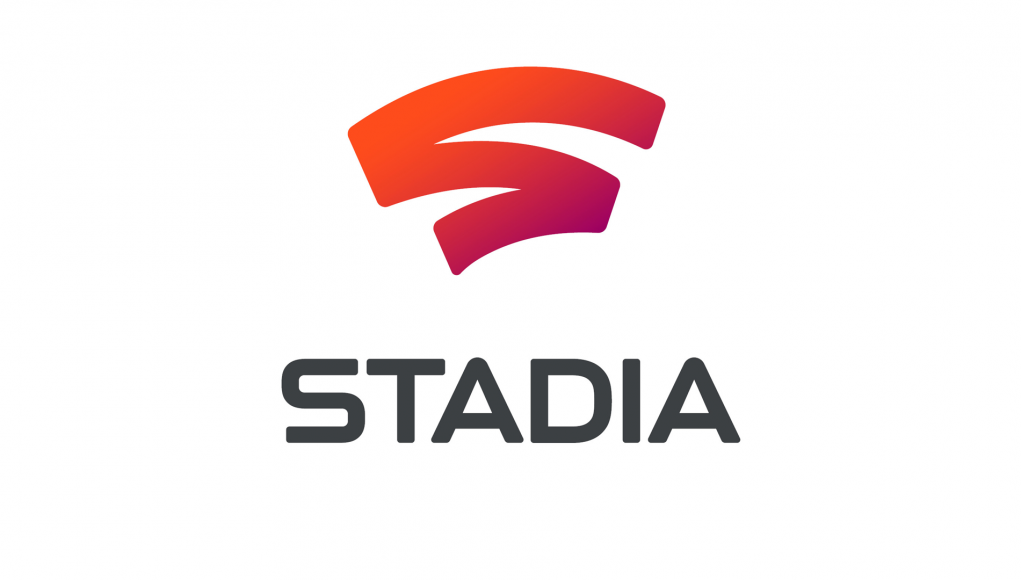Stadia, Google’s cloud-gaming company, is looking for new hires with a preference for virtual reality development experience.
Stadia is Google’s cloud-gaming service which runs games on powerful computers in the cloud and then streams them to your PC, laptop, or even smartphone. The idea is to allow any device to feel like a high-end gaming PC.
Stadia doesn’t currently offer VR cloud-gaming, but it seems to be a natural fit for the use-case considering that high-end VR gaming is exclusively in the realm of beefy gaming PCs, which create a high barrier to entry. If you could keep the high-powered processing in the cloud and then stream the results down to a headset connected to a low-powered computer (or even a standalone headset), you could make PC VR much more accessible. Indeed, new Stadia job listings from Google suggest the company is exploring the possibility.
Four job listings posted or updated as recently as September 7th seek developers and engineers with virtual reality experience among the “preferred qualifications” of the roles.
- Staff Software Developer, Developer Services, Stadia
- Engineering Manager, Client Software Development Kit, Stadia
- Engineering Manager, Front-End, Stadia
- Engineering Manager, Stadia Discovery
Interestingly, the roles are spread across Stadia teams that cover the spectrum from developer features to end-user features like game discovery.
[IRP]
Google isn’t the only company with VR cloud-gaming ambitions. Nvidia has already created its own VR cloud-streaming infrastructure called CloudXR, though it’s designed as a foundation for others to build upon rather than being a user-facing service itself. Still we may see the company use CloudXR to bring VR cloud-gaming capabilities to its existing consumer-facing cloud-gaming service, GeForce Now.
Similarly, Facebook kicked off its own cloud-gaming service last year. While it doesn’t offer VR gaming yet, the project is led by a former Oculus executive who clearly understands the potential of VR cloud-gaming.
VR cloud-streaming is definitely viable, but the key bottleneck is less about software or bandwidth and much more about latency. As we explored in our article about the ramifications of 5G on VR and AR, the real holdup for such services becoming widely available is the proliferation of edge computing infrastructure.







